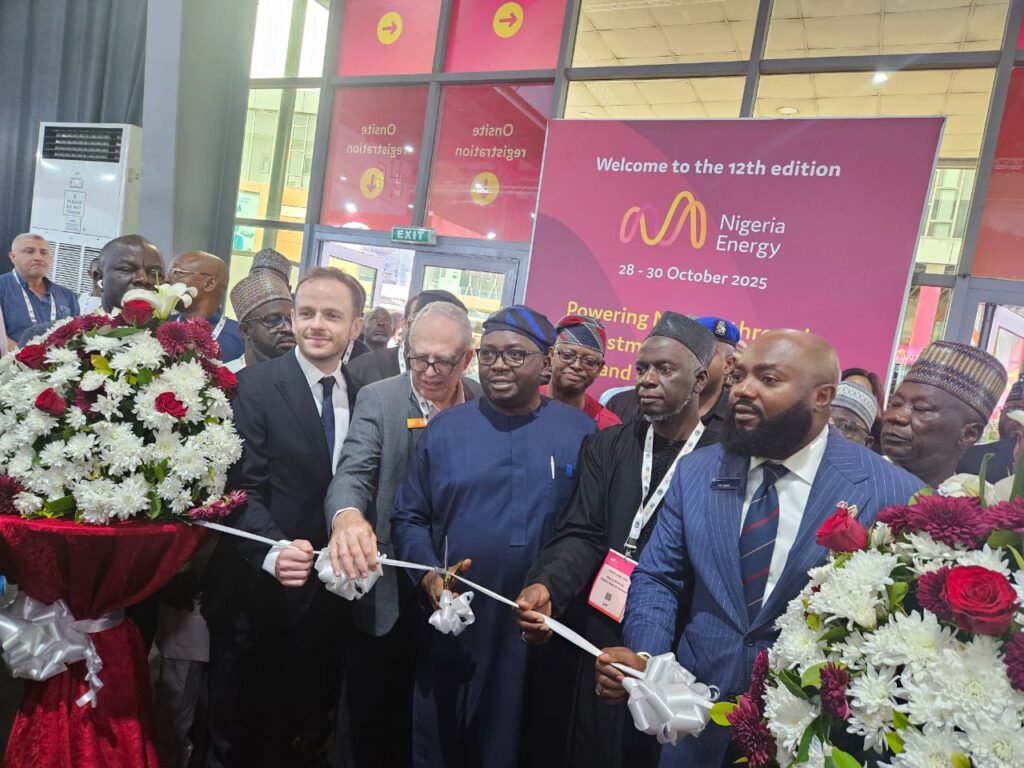
Adelabu at Nigerian Energy Forum
The Federal Government has announced a major new policy requiring electricity Distribution Companies (DisCos) to meet a “minimum capital adequacy requirement” to qualify for the renewal of their operating licenses.
The disclosure was made by the Minister of Power, Chief Adebayo Adelabu, while delivering the keynote address at the Nigeria Energy Forum with the theme: “Powering Nigeria through Investment, Innovation, and Partnership,” at the Landmark Centre, Lagos on Tuesday. According to Adelabu, the sector continues to face challenges of “under-capitalization among several Distribution Companies (DisCos) and a severe debt burden.” To address this, he declared, “As the tenure of their operational licenses approaches renewal, the government intends to introduce a minimum capital adequacy requirement as part of the license renewal process, to strengthen the financial health and liquidity position of the utilities.” He also spoke of the comprehensive reform agenda for the sector, since he took over in 2023, which he described as a multi-pronged approach to reposition the Nigerian power sector for sustainability, efficiency, and growth. ,”This approach spans critical pillars which include legislation, policy reforms, infrastructure development, energy transition and access expansion, and local content and capacity development with each designed to address structural challenges, unlock private capital, and enhance service delivery across the electricity value chain”.The Minister highlighted the Electricity Act 2023 as a foundational milestone, which has already granted regulatory autonomy to 15 states. On the policy front, he revealed that the first comprehensive, sector-wide policy in nearly two decades, the Integrated National Electricity Policy, has been approved.“This represents a clear shift towards a liberalized and investment-friendly electricity market. Since its passage, 15 states have received regulatory autonomy to establish subnational electricity markets with one fully operationalized. We are working actively with these states to ensure strong alignment between the wholesale market and the retail market. In this regard, we believe the active involvement of state governments, particularly in the off-grid segment is critical, given the series of roundtable engagements held with governors by the Rural Electrification Agency (REA), as well as the ongoing efforts to closely track the Distribution Company (DisCo) performance within their respective jurisdictions.On stabilization of the market and sector commercialization, he said the government is deepening power sector commercialization to strengthen revenue, liquidity, and investor confidence. “ Through tariff policy reforms which enabled cost-reflective tariffs for select consumers, supply reliability has improved while reducing energy costs for industries, and industry revenue has increased by 70 percent to ₦1.7 Trillion in 2024 compared to previous year and the revenue is expected to exceed ₦2 Trillion for 2025”. To stabilize the market, he announced, “Mr. President has approved a ₦4 trillion bond to clear verified GenCo and gas supply debts. Alongside this, a targeted subsidy framework is being developed to protect vulnerable households and ensure a sustainable path toward full commercialization and viable industry”.Adelabu provided updates on critical infrastructure projects. He confirmed that contracts for the Presidential Power Initiative (PPI) Phase One have been signed, with the aim of adding 7,000MW of operational capacity to the grid. He also revealed that generation capacity has been sustained at an average of approximately 5,300MW in 2024, up from 4,200MW in 2023. “In parallel to the grid expansion, generation capacity is being expanded through the rehabilitation of existing NIPP plants to unlock about 345MW, alongside the successful integration of the 700MW Zungeru Hydropower Plant into the grid. Collectively, these interventions have helped sustain an average generation capacity of approximately 5,300MW in 2024 up from 4,200MW recorded in 2023”.The Minister disclosed further that the government has operationalized the Presidential Metering Initiative, with ₦700 billion already secured to deploy 1.1 million meters by the end of 2025.He also noted that the unbundling of the Transmission Company of Nigeria (TCN) into two organisations: the Nigerian Independent System Operator (NISO), which manages the operation of Nigeria’s electricity grid and coordinates the electricity market, and the Transmission Service Provider (TSP), which owns, maintains, and expands the physical transmission infrastructure marks a long-awaited and critical structural reform in the power sector.The Minister made a direct appeal for investment, emphasizing that Nigeria’s power sector remains open and ready for business more than ever before. He pointed to the over 10 GW of stranded generation capacity as a critical opportunity, assuring stakeholders that market fundamentals are improving, policy environment is clear, and the national leadership is committed.“As we commence today’s forum, let me once again emphasize to our investors, financiers, and innovators that Nigeria’s power sector remains open and ready for business more than ever before. We recognize that achieving the scale of investment required to transform the sector requires greater private sector participation across the entire value chain, particularly in the transmission segment. A useful reference is South Africa’s ambitious $25 billion transmission grid expansion initiative, which seeks private developers to deliver 14,000 kilometers of new power lines and connect over 59 GW of new capacity within the next 14 years. This is remarkable when compared to Nigeria’s Presidential Power Initiative (the Siemens project) valued at $2.3 billion.“In Nigeria today, we have over 10 GW of stranded generation capacity. Energy that could power industries, create jobs, and even support electricity exports to our neighbouring countries through the regional power pool. We are therefore open to strategic partnerships to mobilize the necessary investments and unlock this potential. Our market fundamentals are improving, our policy environment is clear, and the national leadership is committed to creating the enabling conditions for long-term investment and innovation”.Bolaji Tunji Special Adviser on Strategic Communication and Media Relations to the Minister of Power


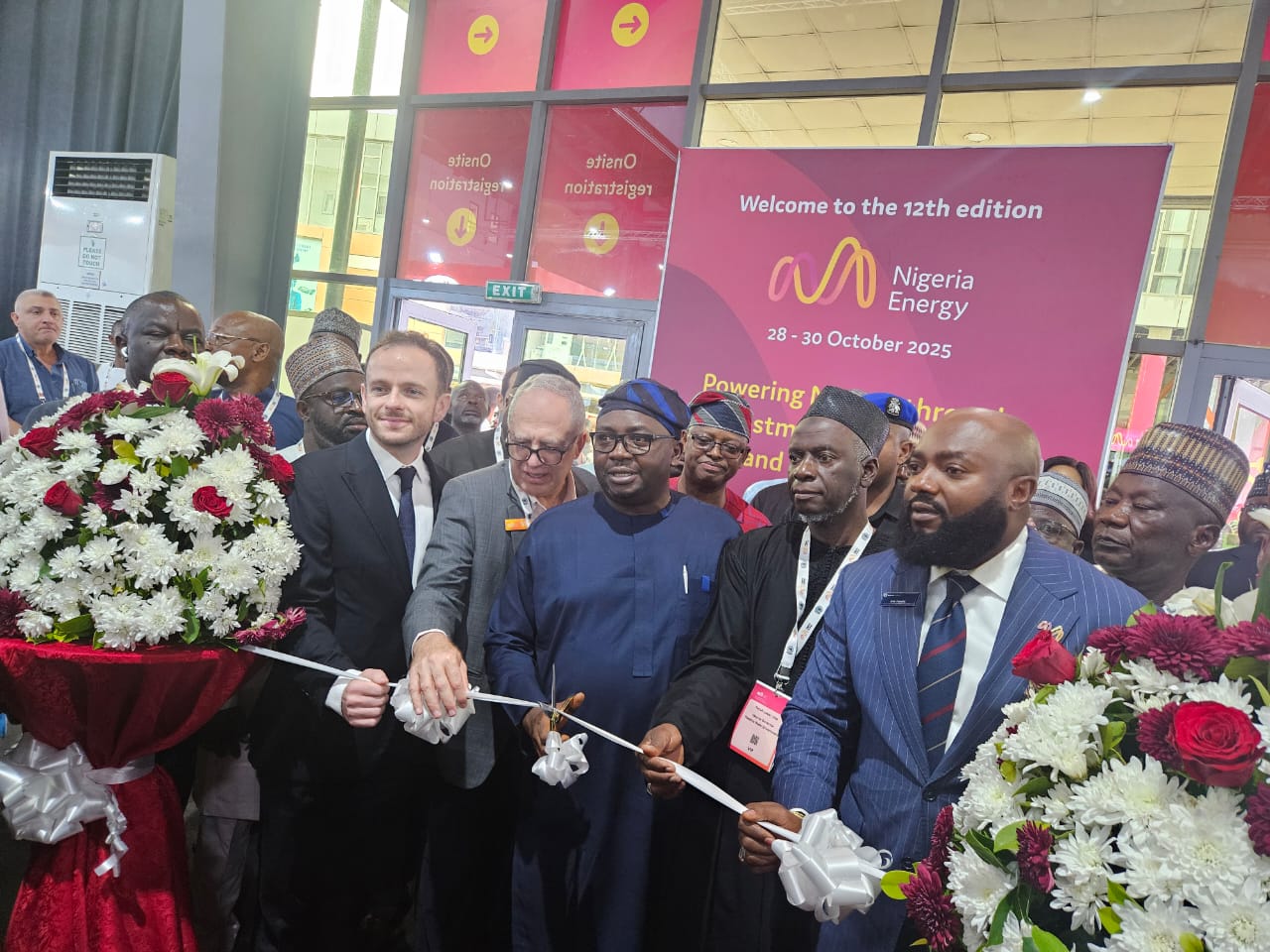

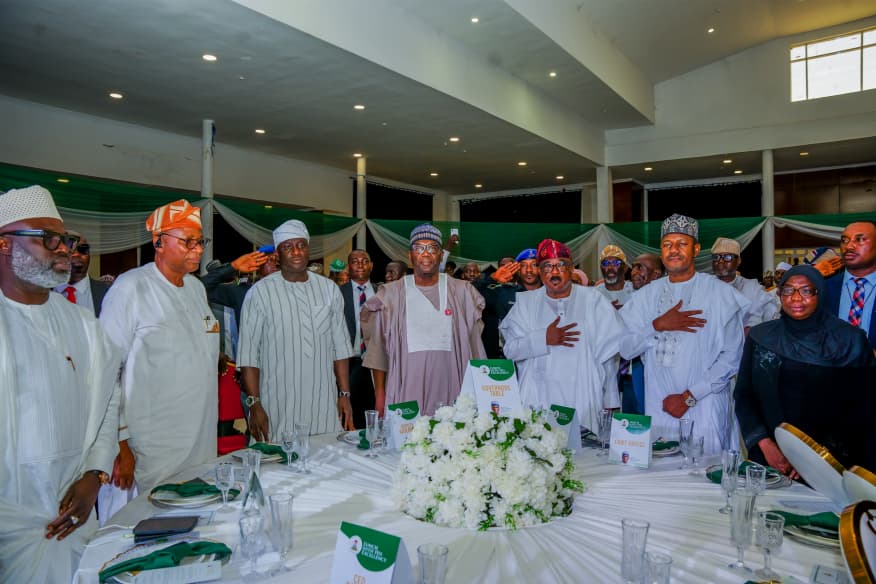
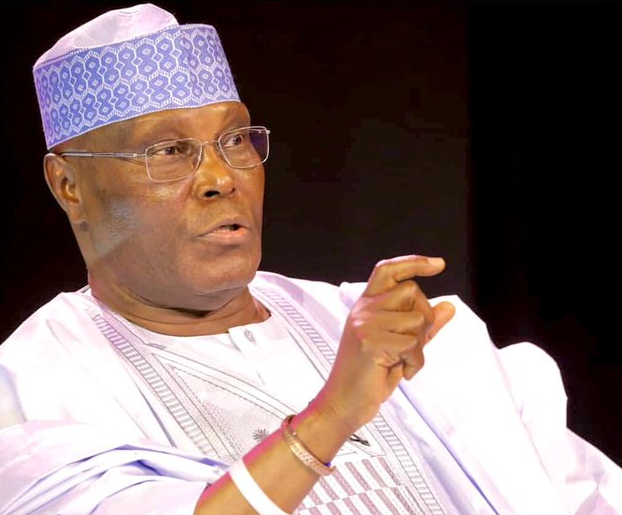
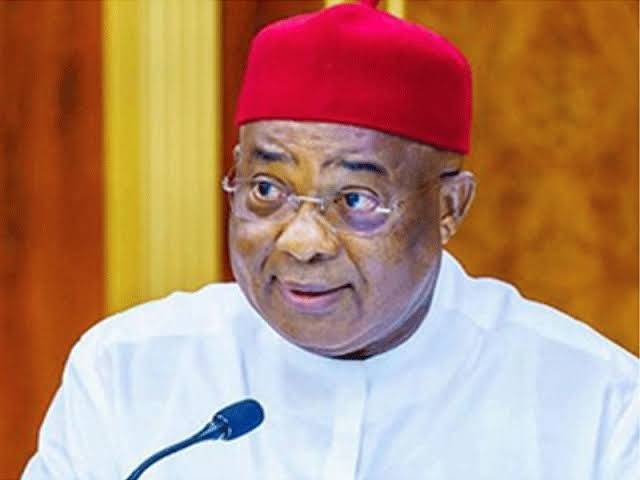





Leave a Reply